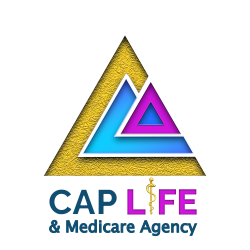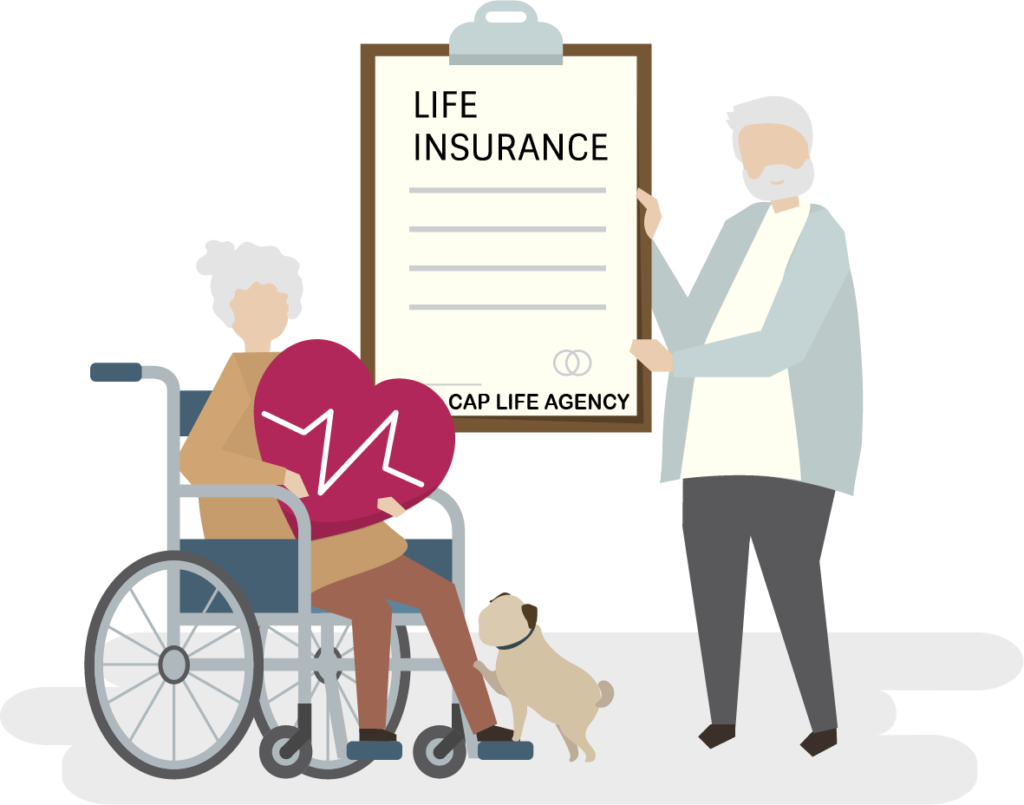Edit Content

Your Life, Health, and Medicare needs All under 1 Cap…Rest Assured that you’re secured!
About Us
We are committed to putting our clients’ needs first. Our work is straightforward: we assist our clients in locating the insurance plan that best fits their budget and health requirements.
Contact info
-
4320 Marine Ave. #133
Lawndale, CA. 90260. - +1 310-400-0656
- stephanie@caplifeagency.com
-
Business Hours:
Week Days: 8:00 AM to 4:00 PM Saturday - Appointment Only Sunday: Closed.


